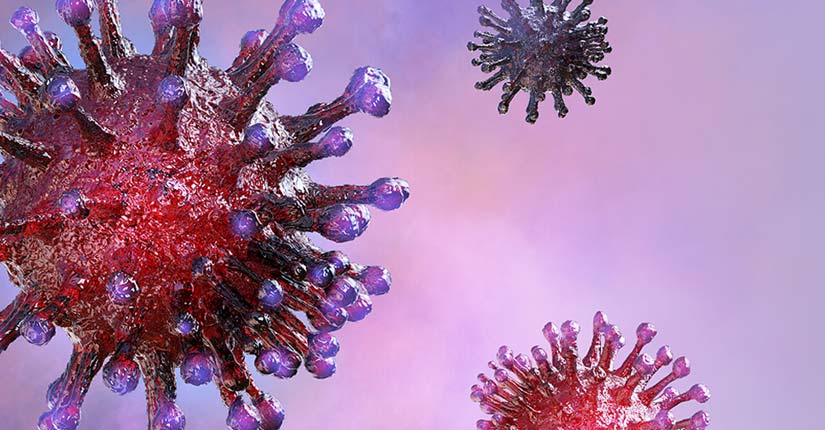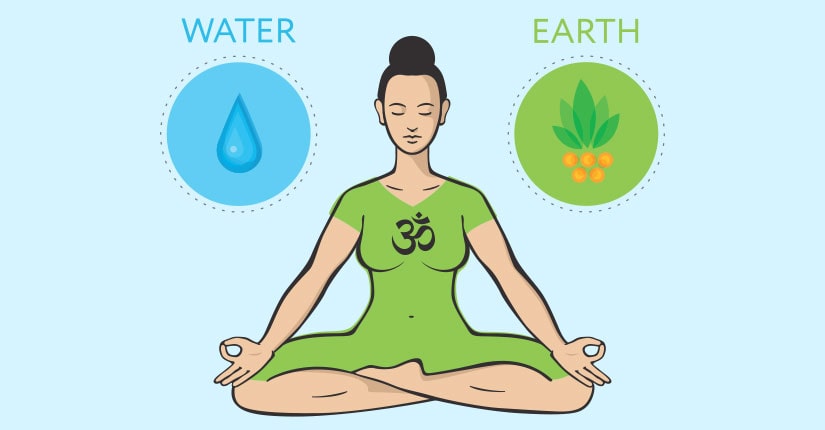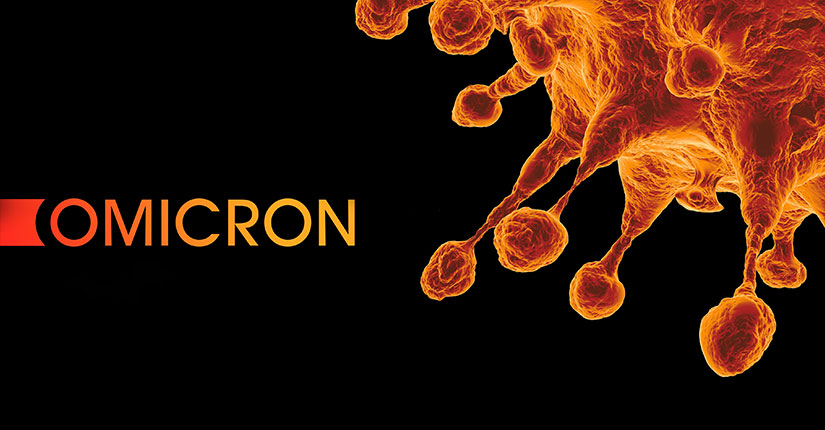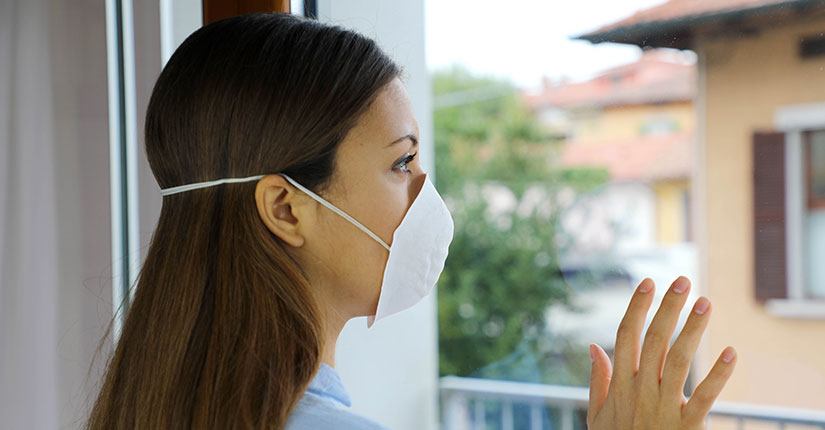Delhi Suffocating with Air Pollution through a Blanket of Smog
By: Admin Date: 25-Nov 2020 Reading Time: 3 Mins
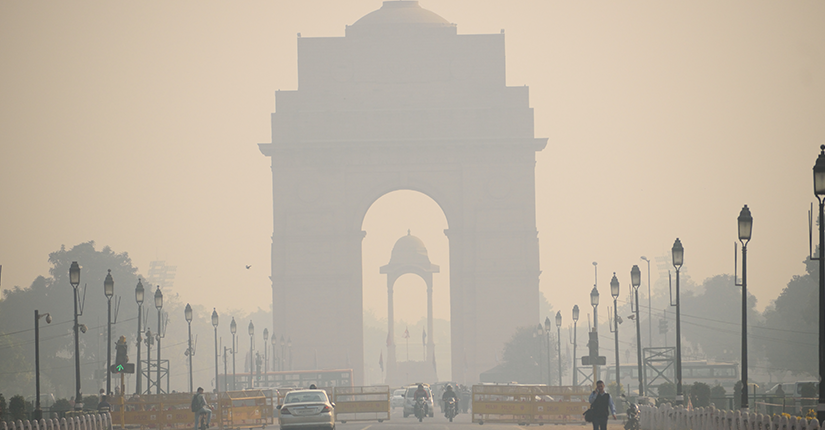
The quality of air in the national capital withered to the ‘severe’ category a day post-Diwali on Sunday. The Air Quality Index(AQI) at ITO area and Anand Vihar recorded as 461 and 478 respectively, as per the data released by Delhi Pollution Control Committee (DPCC). The neighbouring cities like Faridabad, Ghaziabad, Greater Noida, Gurgaon, and Noida also recorded their AQI in the same category.
A thick blanket of smog encircled several areas across Delhi, reducing visibility. However, an improvement is expected with anticipated light rain across the capital. The direction of the wind is expected to change southeasterly, decreasing the impact of farm fires on Delhi’s air.
On the night of Diwali, the Air Quality Index(AQI) was recorded as 414 as many people defied a ban on lighting crackers, the worst AQI since Diwali 2016.
Straw burning accounted for 32% of the city’s PM2.5 pollution, implying that the tiny particles that can be carried into the lungs, causing cancer, cardiac and respiratory problems.
The city’s residents complained about burning eyes, sore throat and breathlessness as Delhi wrestled with the third wave of the Covid-19 pandemic.
The air pollution in India killed 1.24 million people in 2017 and 1.67 million in 2019. And with the ongoing situation, it gets only difficult. In a report, the Central Pollution Control Board (CPCB) said almost all pollutants reported higher values on Diwali day this year as compared to 2019. “Diwali was in mid-November this year which has unfavourable meteorological conditions for the dispersal of pollutants as compared to 2019 when it was in last week of October,” CPCB said.
According to System of Air Quality and Weather Forecasting And Research (SAFAR), an Air Quality Index between 0 and 50 is considered “good”, 51 and 100 “satisfactory”, 101 and 200 “moderate”, 201 and 300 “poor”, 301 and 400 “very poor”, and 401 and 500 “severe”.
Over to you
AQI is a measure of how air pollution affects one’s health within a short period. Greater AQI means more risk against the well-being of the residents. Try to not be out unless absolutely necessary and cut back on using private vehicles for everything, cover short distances by walking and plant more and more trees around you. There is though, no one-step solution to air pollution small changes on everybody’s end can make a huge difference.

